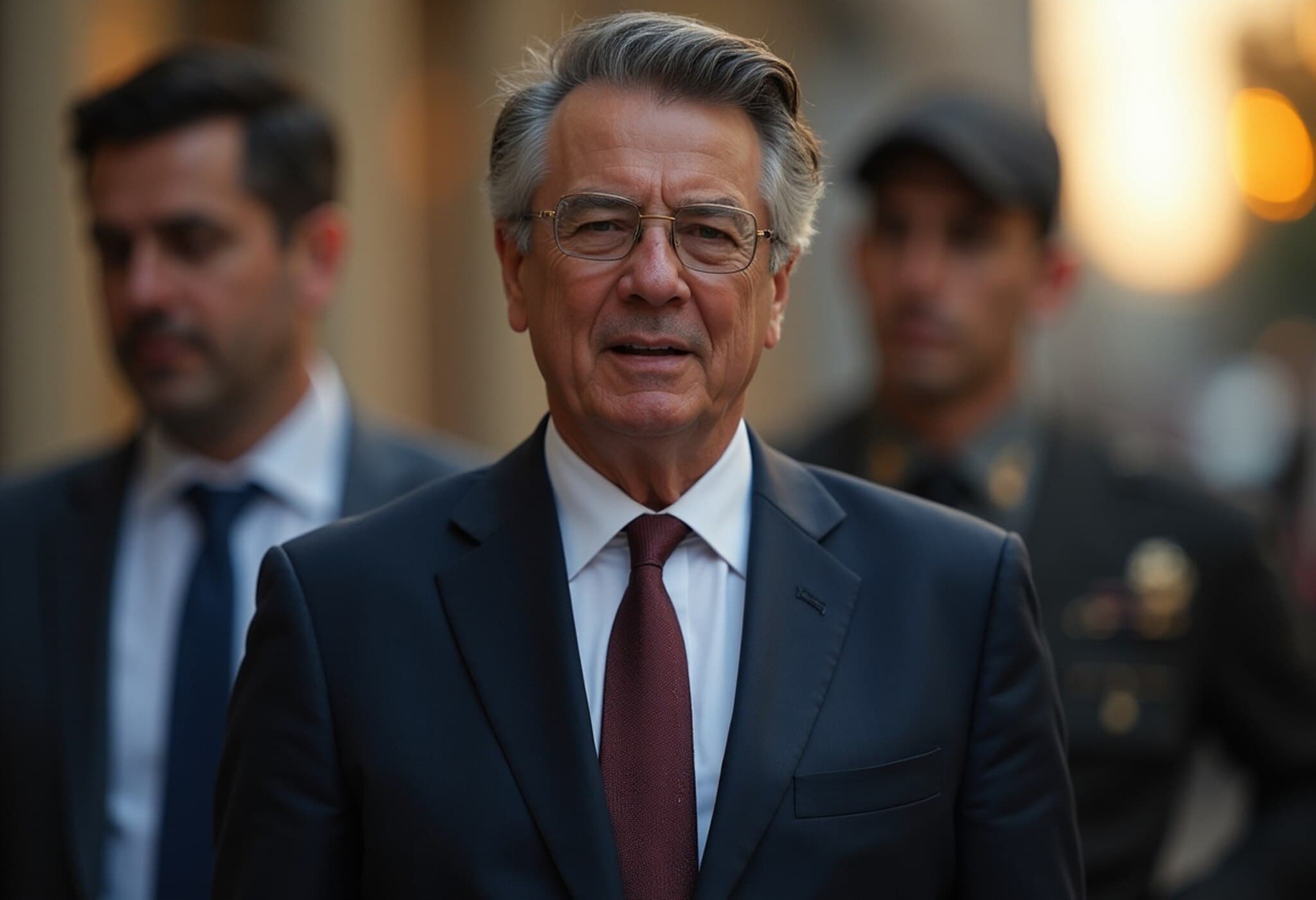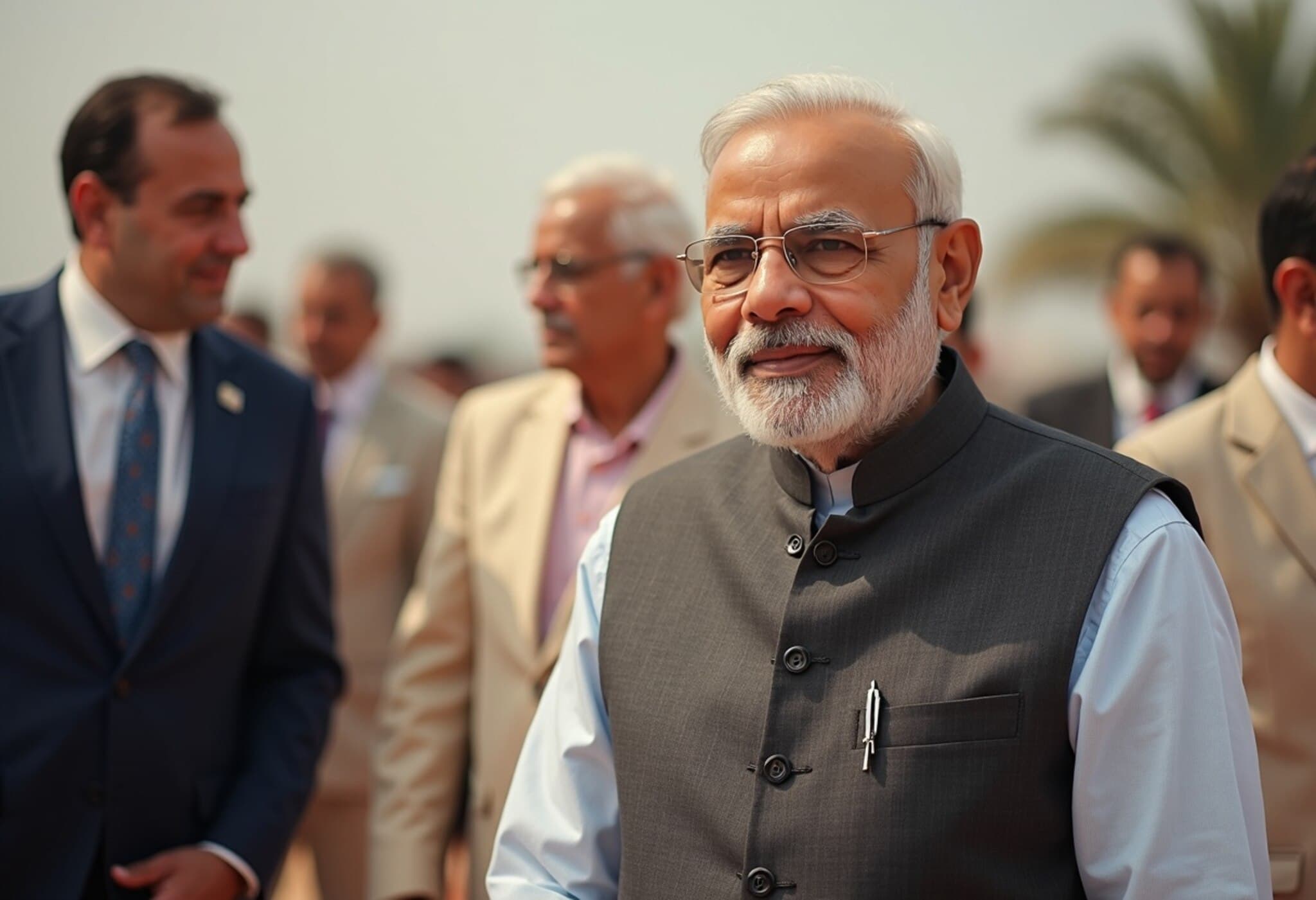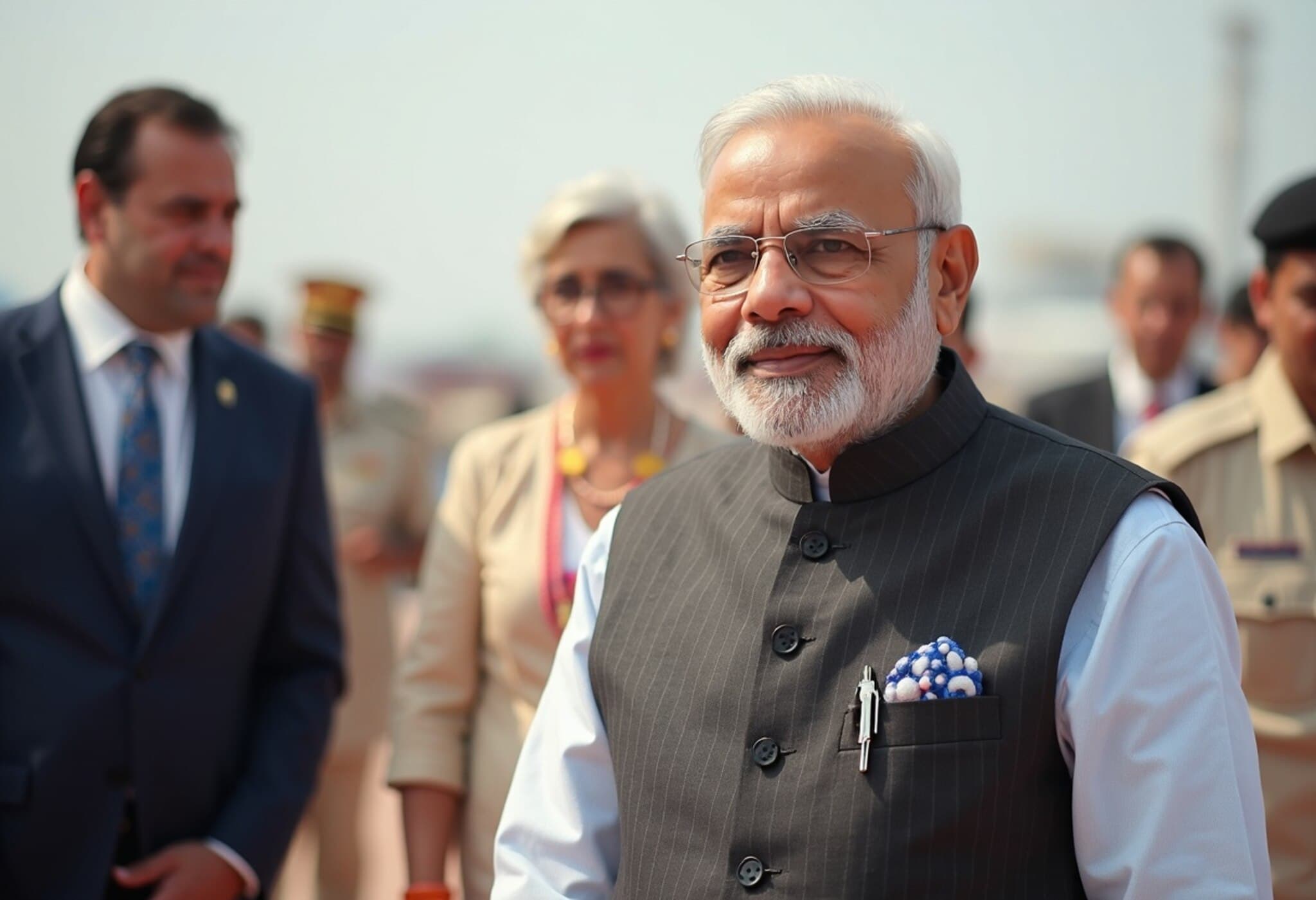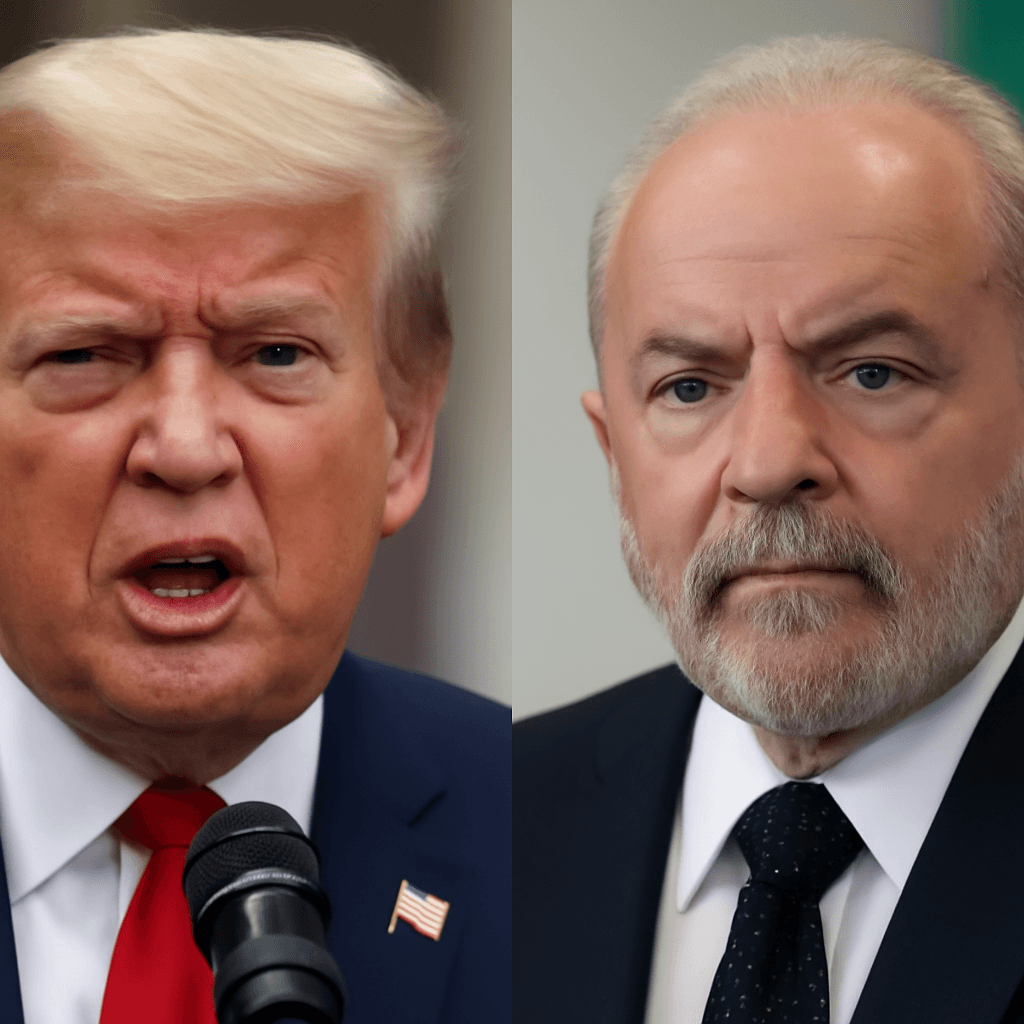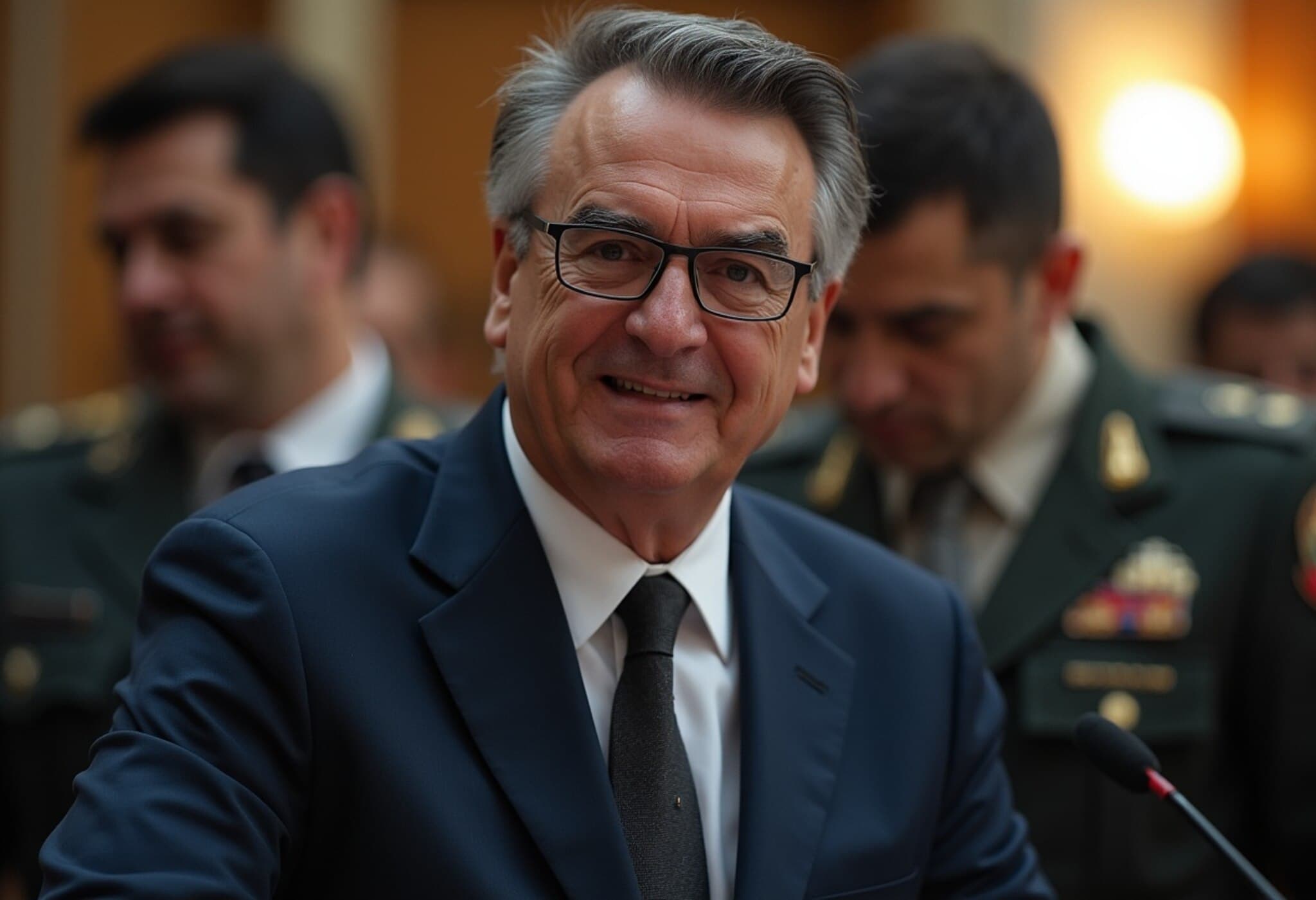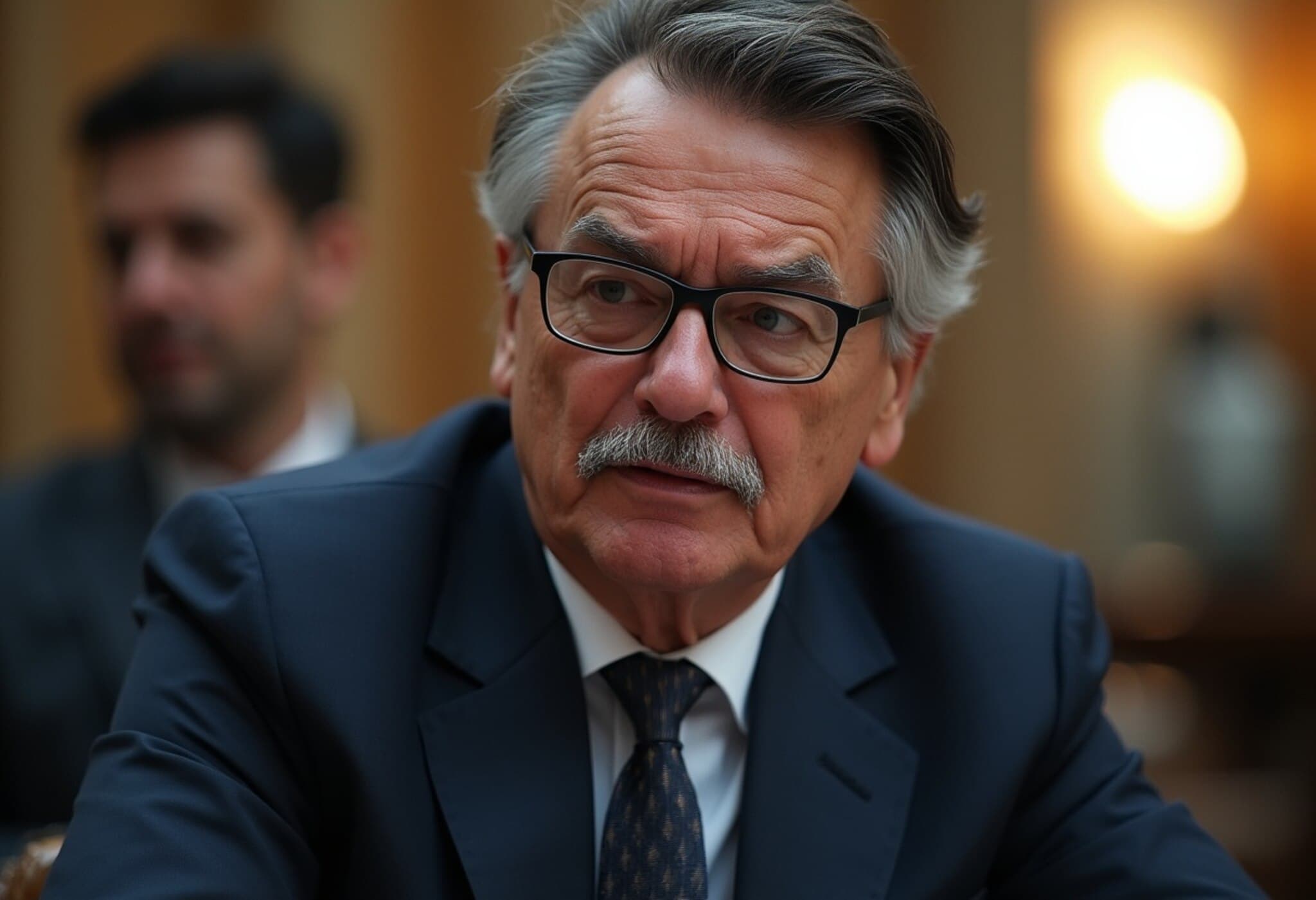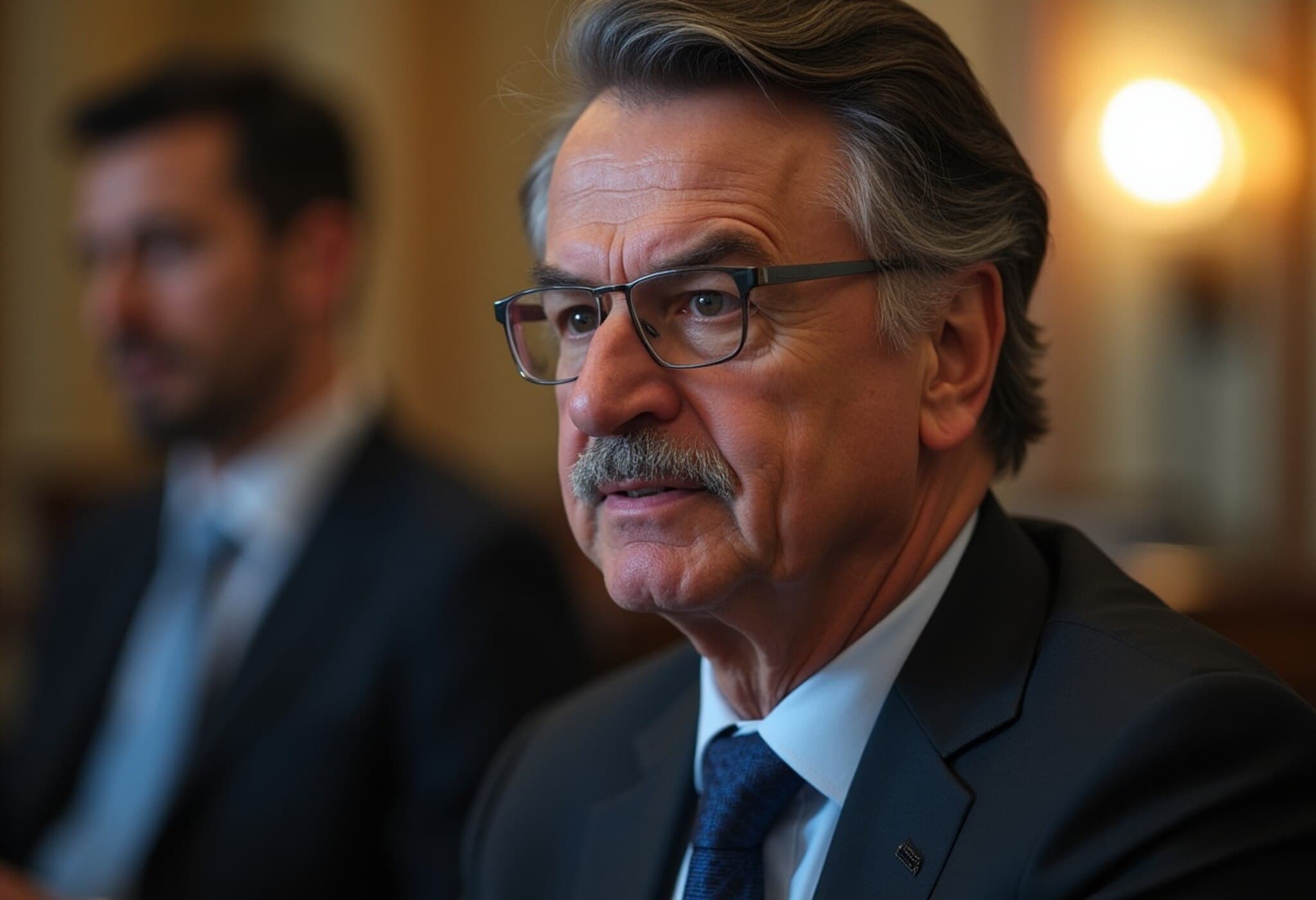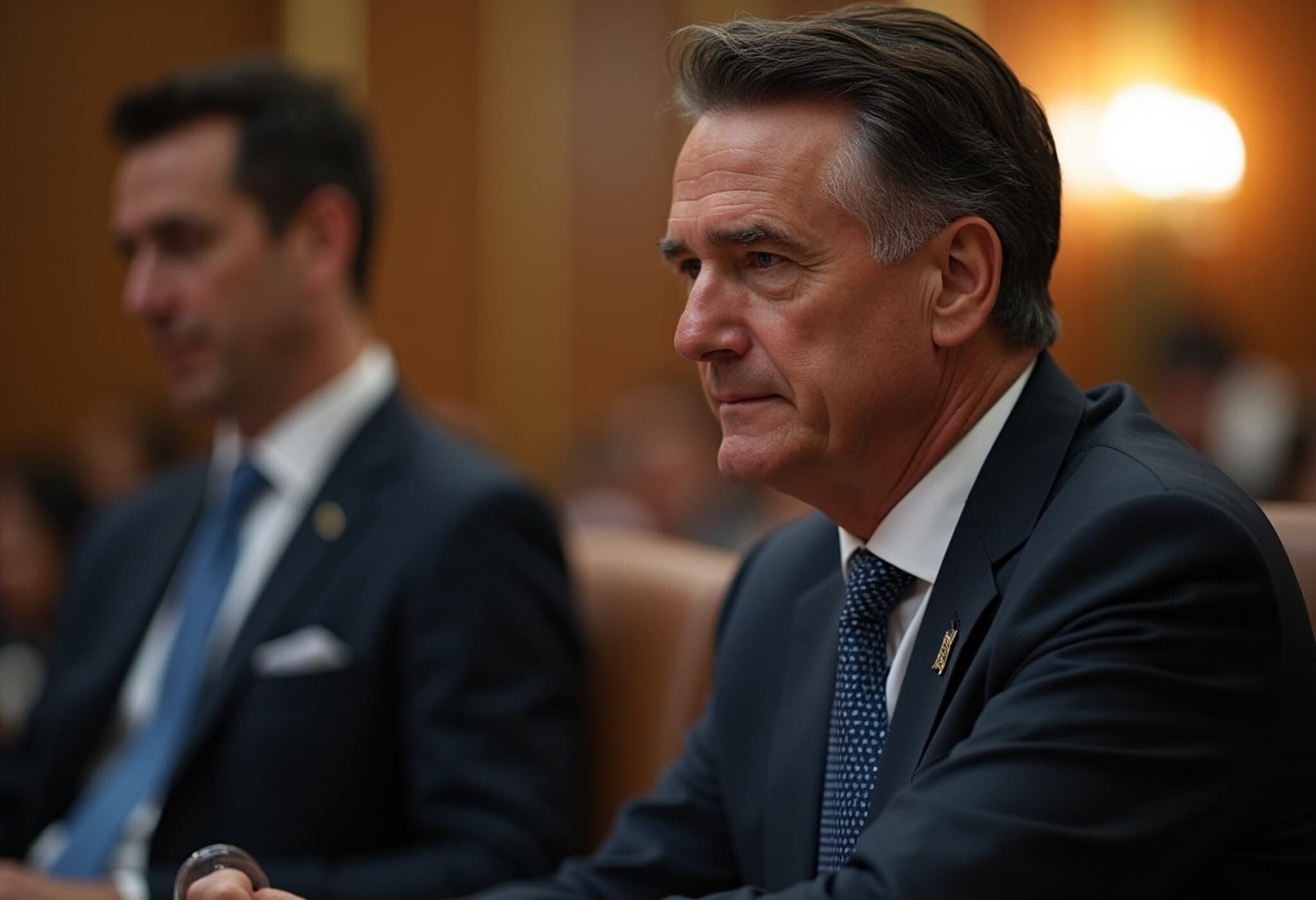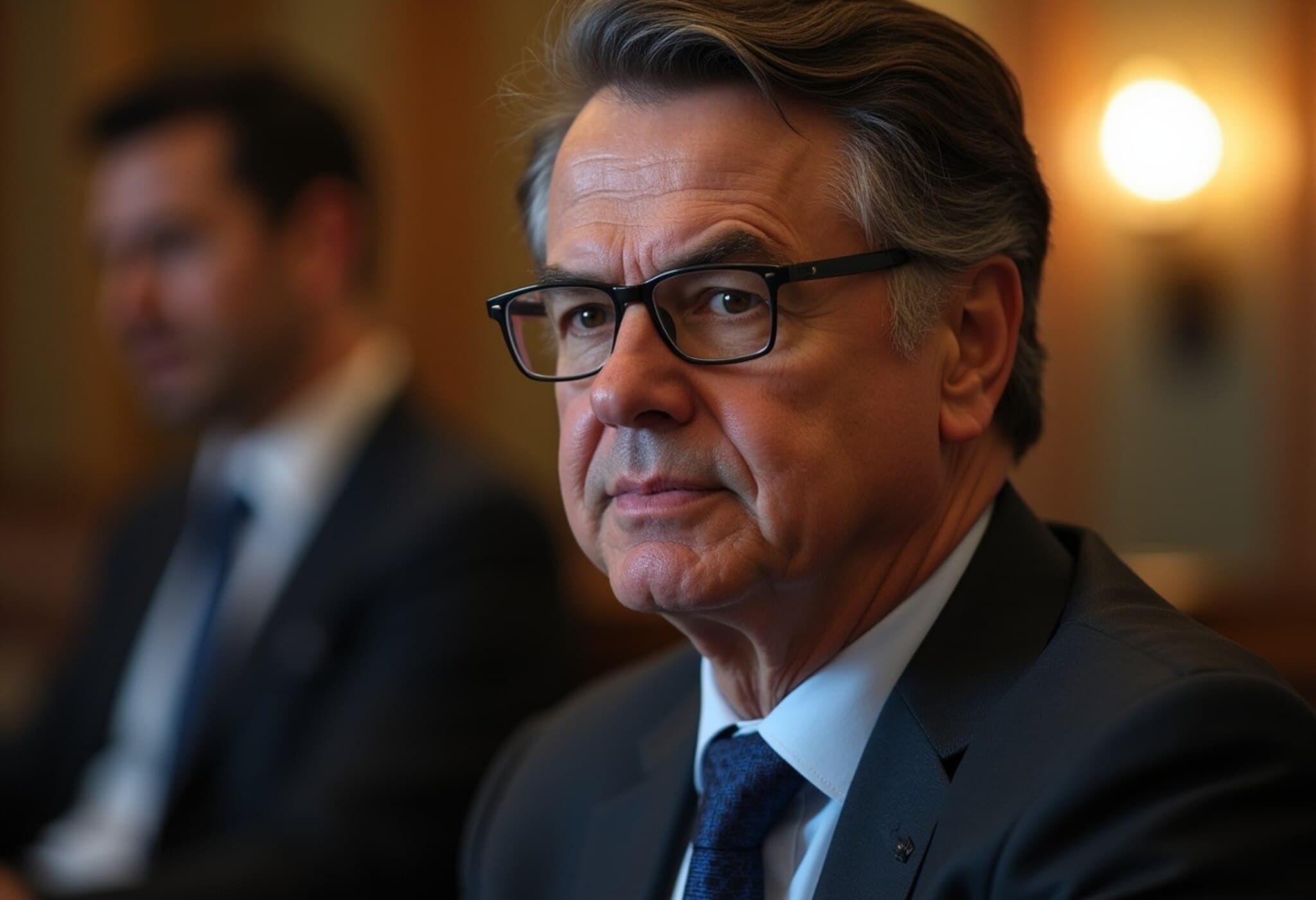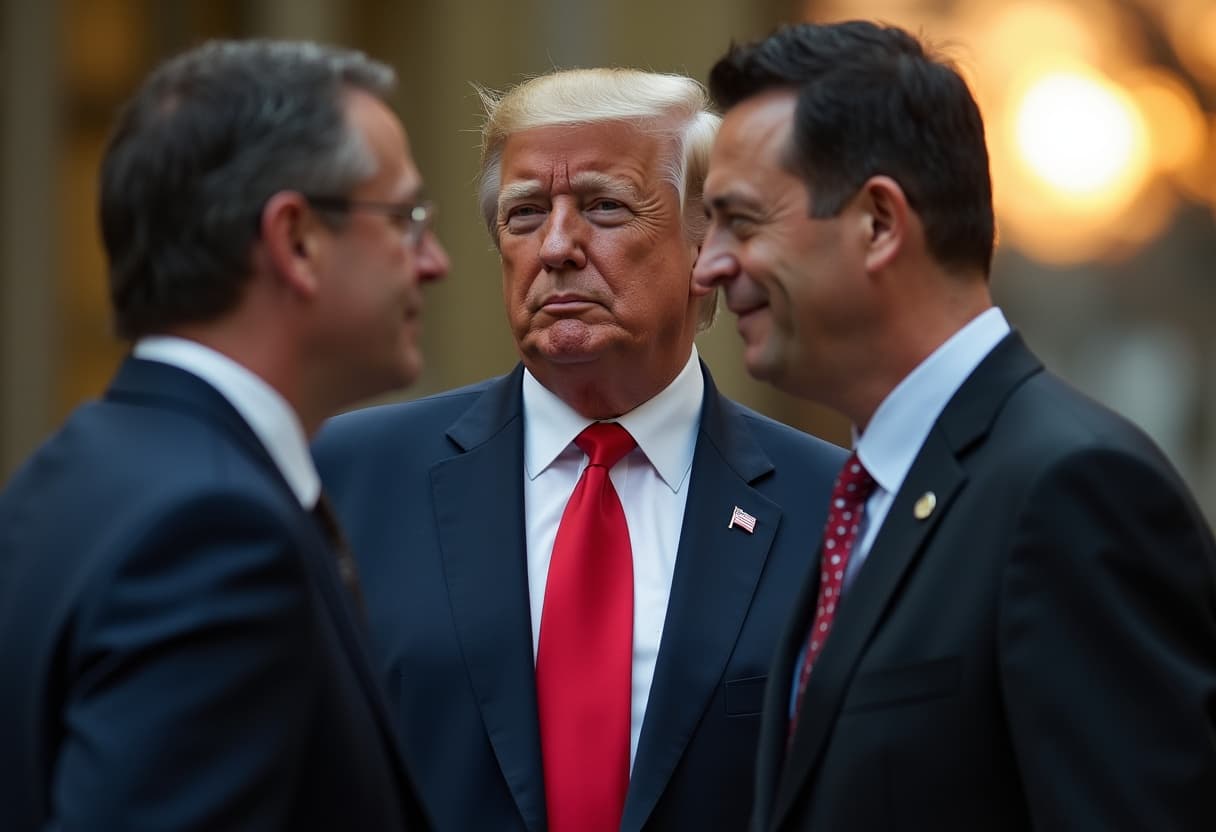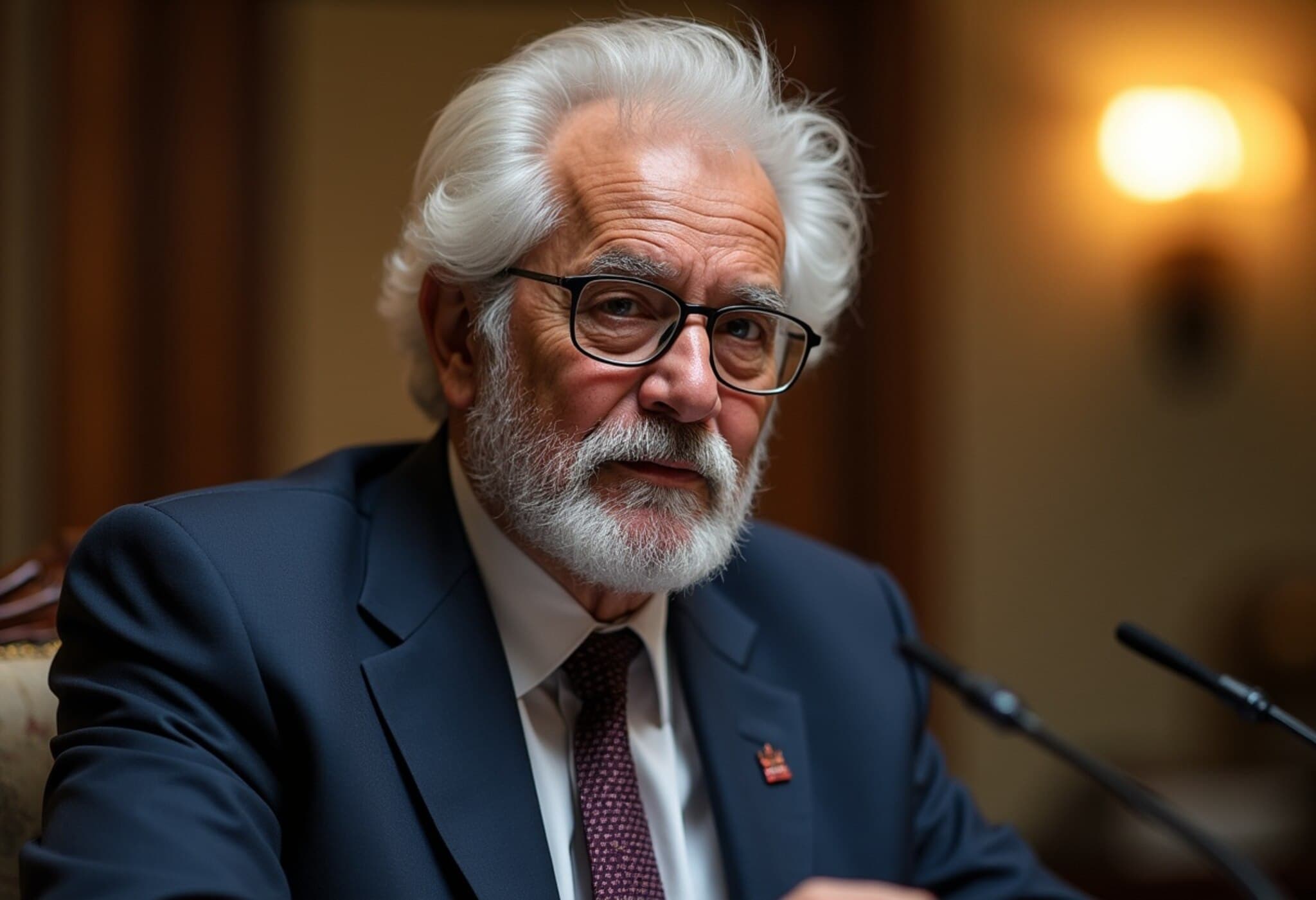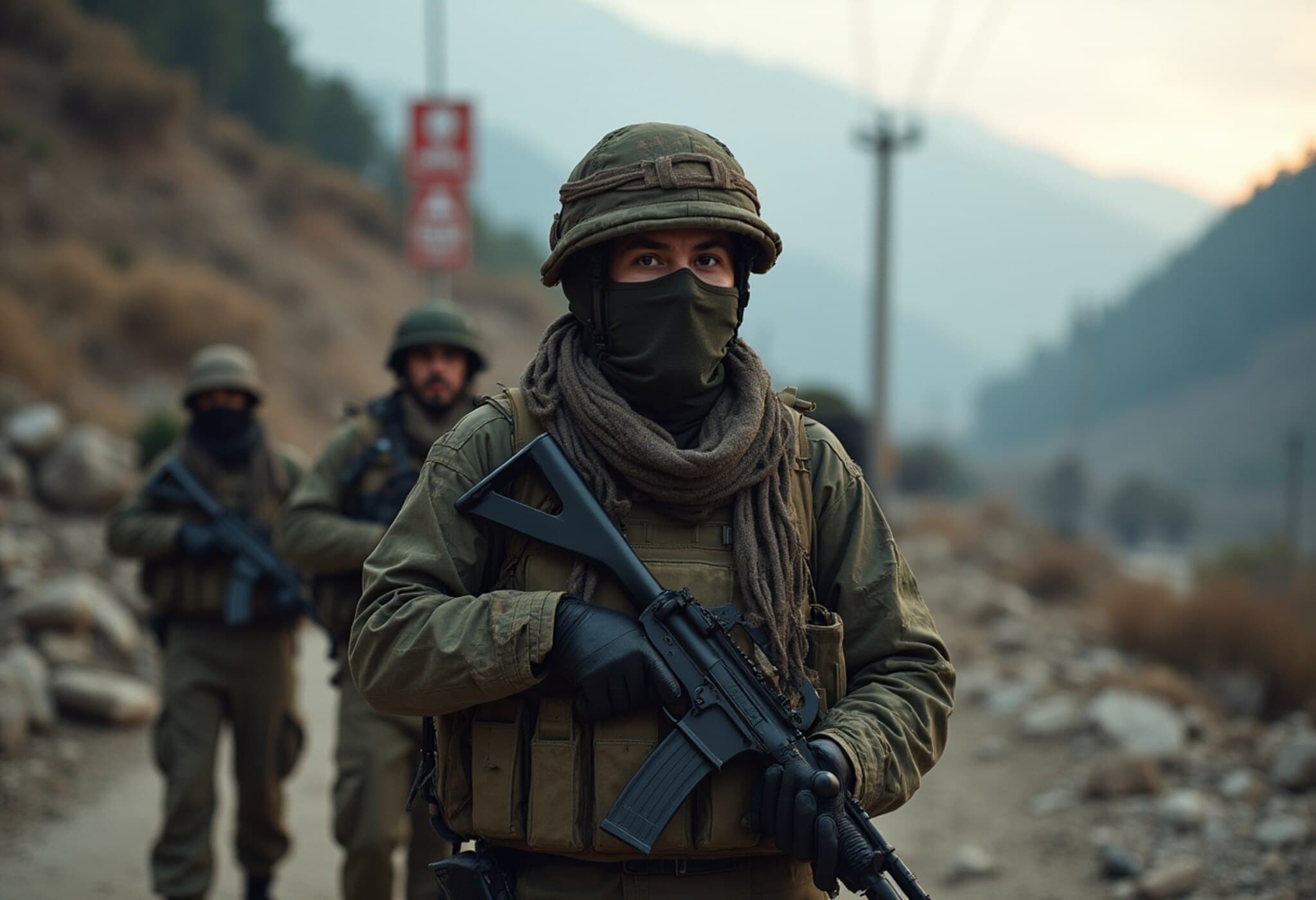Brazil’s Top Court Tightens Grip on Bolsonaro with Ankle Monitor
In an unprecedented move marking a tense chapter in Brazilian politics, the Supreme Court of Brazil ordered former President Jair Bolsonaro to wear an ankle monitor and impose strict restrictions on his movements. The ruling, announced on July 18, 2025, requires Bolsonaro to remain home during most hours and prohibits him from approaching foreign embassies or engaging on social media platforms, deepening an already fraught legal battle.
Background: Legal Peril Following Electoral Defeat
Bolsonaro, who lost the 2022 presidential race, is currently facing serious charges, the details of which the court evidently considers grave enough to suspect flight risk. Federal police executed court orders by conducting searches of Bolsonaro’s residences early Friday morning, underscoring the judiciary’s escalating seriousness in pursuing accountability.
The former leader was seen arriving at a government facility to be fitted with the mandated ankle bracelet, underscoring the country's tough stance on former officials potentially evading justice.
Family Ties and Communication Bans
The restrictions also extend to communication bans, particularly between Bolsonaro and his son, Eduardo Bolsonaro, currently in Washington, D.C. Eduardo has been actively lobbying to sway U.S. political influence in favor of his father. The court’s move to sever this communication channel signals an awareness of possible efforts to circumvent Brazilian judicial sovereignty.
Defense’s Reaction: Shock and Outrage
Bolsonaro’s legal team, led by Paulo Cunha Bueno, expressed profound surprise and dismay at the court’s decision. They emphasized the former president’s compliance with previous court orders, suggesting the new measures were unnecessarily harsh. The statement from defense attorneys hints at the complex legal maneuvering still ahead.
Donald Trump’s Intervention: Political Pressure Across Borders
Adding unprecedented international dimension to an otherwise domestic legal issue, former U.S. President Donald Trump publicly sided with Bolsonaro. On Thursday evening, Trump released a letter accusing Brazilian prosecutors of politically motivated persecution against Bolsonaro. Additionally, Trump hinted at leveraging U.S. trade policy, threatening tariffs on Brazilian imports, to coerce Brazil’s government into dropping the charges.
This divergence represents a sharp escalation in geopolitical posturing, revealing how domestic legal matters can become entangled with international diplomacy and economic negotiation. Observers note that such interventions may complicate bilateral relations and raise questions about the independence of Brazil’s judiciary.
Broader Implications: Democracy, Rule of Law, and International Relations
- Legal Precedent: The decision to impose an ankle monitor on a former head of state is a rare and striking demonstration of Brazil’s commitment to the rule of law, signaling judiciary strength amid political turbulence.
- Political Fallout: Bolsonaro’s continuing influence and the involvement of international figures like Trump complicate Brazil’s political landscape, posing challenges for electoral integrity and democratic norms in the region.
- U.S.-Brazil Relations: The Trump administration’s tactics around trade and diplomacy underscore how political allegiances shape international policy, potentially impacting cooperation on economic and security fronts.
What’s Next?
With the court’s restrictions in place and Trump’s vocal interventions, the Bolsonaro case stands at a volatile crossroads. Legal experts suggest the upcoming trial will test not just the facts of the charges but the resilience of Brazil’s democratic institutions against political influence. Meanwhile, the international community watches closely as this saga unfolds, with implications for how cross-border political support can affect sovereign legal processes.
Editor's Note
Brazil's decision to enforce an ankle monitor on a former president encapsulates the tension between judicial independence and political factionalism — both at home and abroad. The added pressure from a former U.S. president intertwines law with diplomacy, raising critical questions about sovereignty, trade leverage, and the integrity of electoral justice. For citizens and policymakers alike, the Bolsonaro case is a potent reminder of democracy's fragility under political duress.

